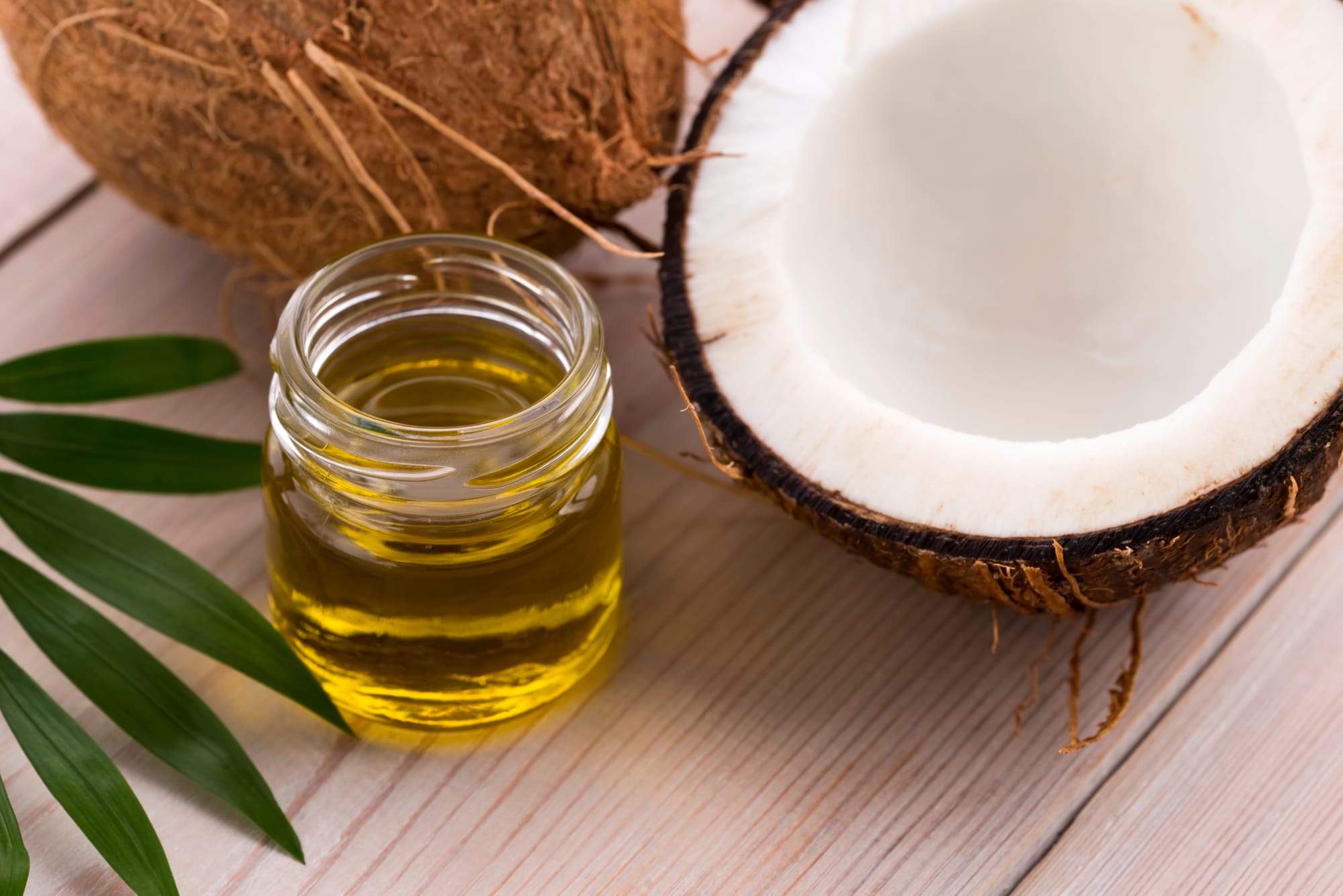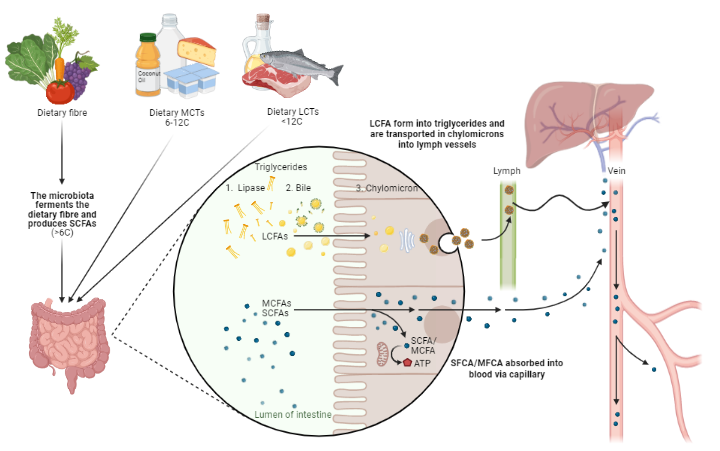The healthy fat that makes you thin

MCT (medium-chain triglyceride) oil has gained popularity as a supplement, frequently recommended on websites, podcasts, and health forums for its purported antioxidant, anti-inflammatory, and anti-microbial properties. Although it might seem counterintuitive, dietary fat like MCT oil can aid in weight loss. Some research indicates that MCT oil can reduce body fat, boost metabolism, and suppress appetite. Its low-carb, high-fat content helps people feel fuller longer and makes blood glucose control easier. Additionally, it may reduce inflammation, a common issue in obesity and diabetes.
However, not all claims about MCT oil are scientifically proven. It contains saturated fats, which people with heart problems and diabetes are generally advised to avoid. The long-term effects of MCT oil use are also unknown. Therefore, its widespread recommendation for weight loss in individuals with or at risk of type 2 diabetes is concerning.
In this project, we investigate the effects of MCT oil on appetite and overall physiology. By understanding the underlying physiological mechanisms, we aim to inform future human studies, providing more reliable advice and treatments for people living with type 2 diabetes.

This figure shows how different types of fatty acids are absorbed by the body. Long-chain fatty acids are broken down with the help of bile acids and absorbed in the small intestine, then transported through the lymph system. Medium-chain fatty acids are directly absorbed through the hepatic portal veins to the liver. Short-chain fatty acids are made in the colon from fibre and mainly fuel colon cells, with a small amounts entering the bloodstream.